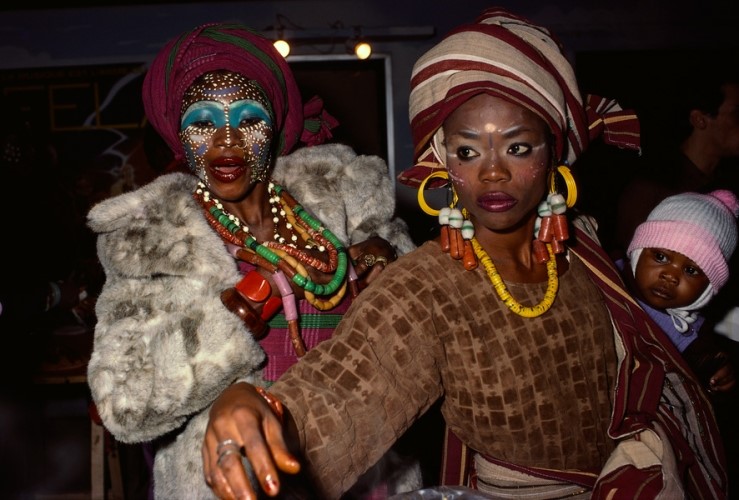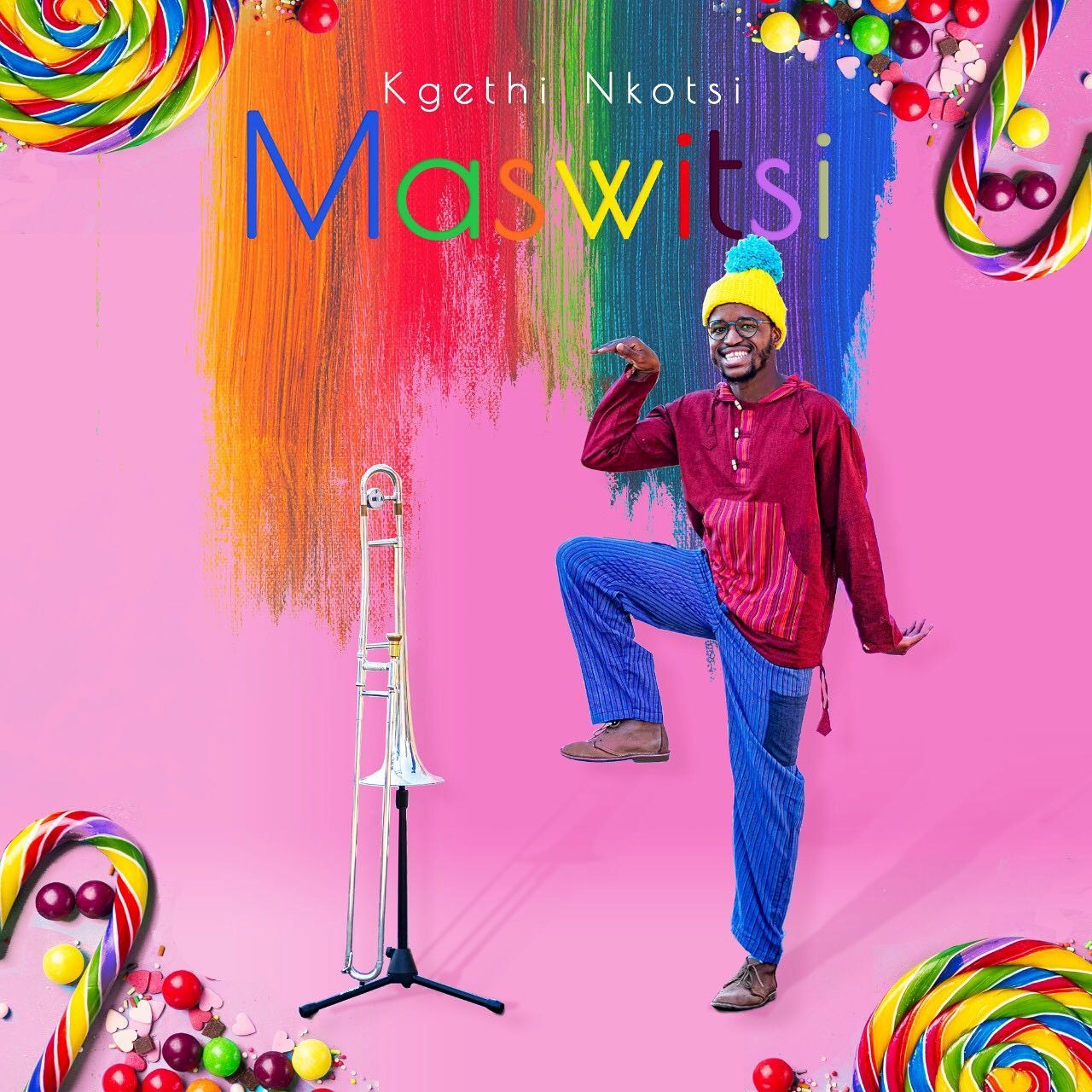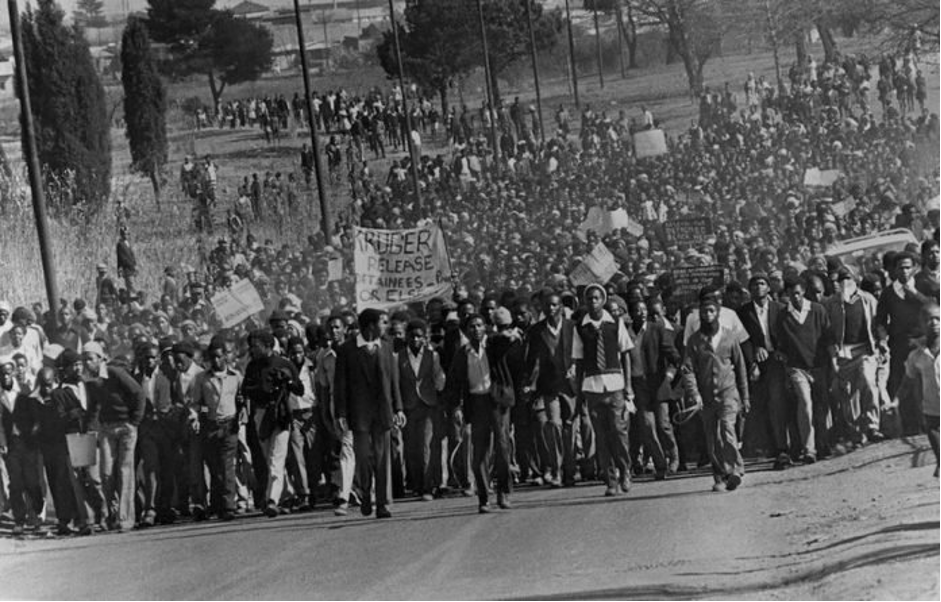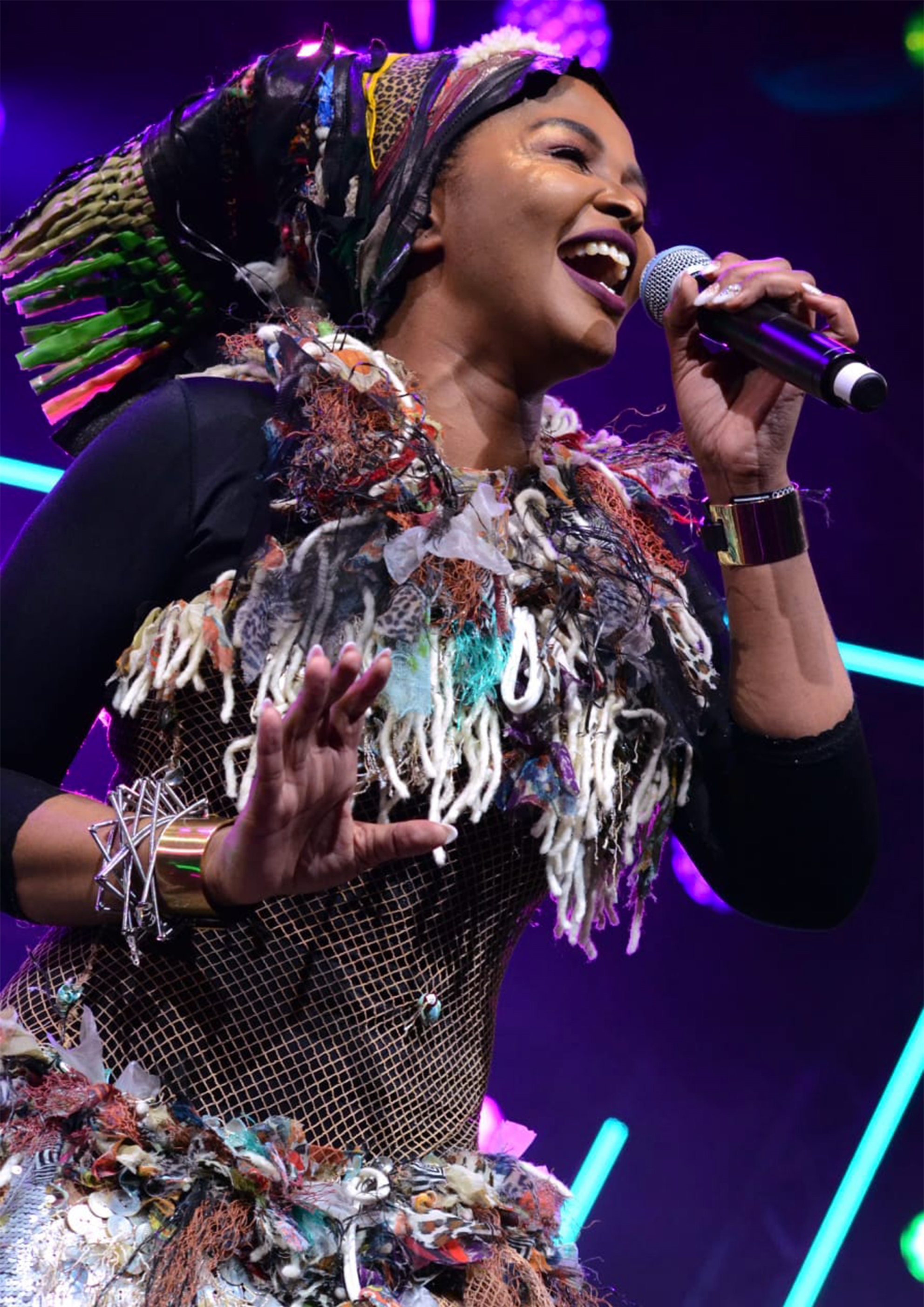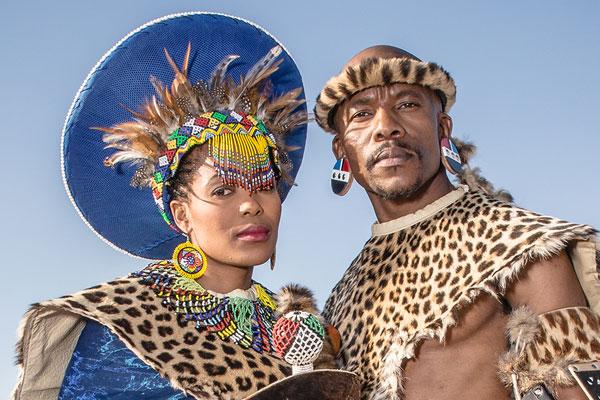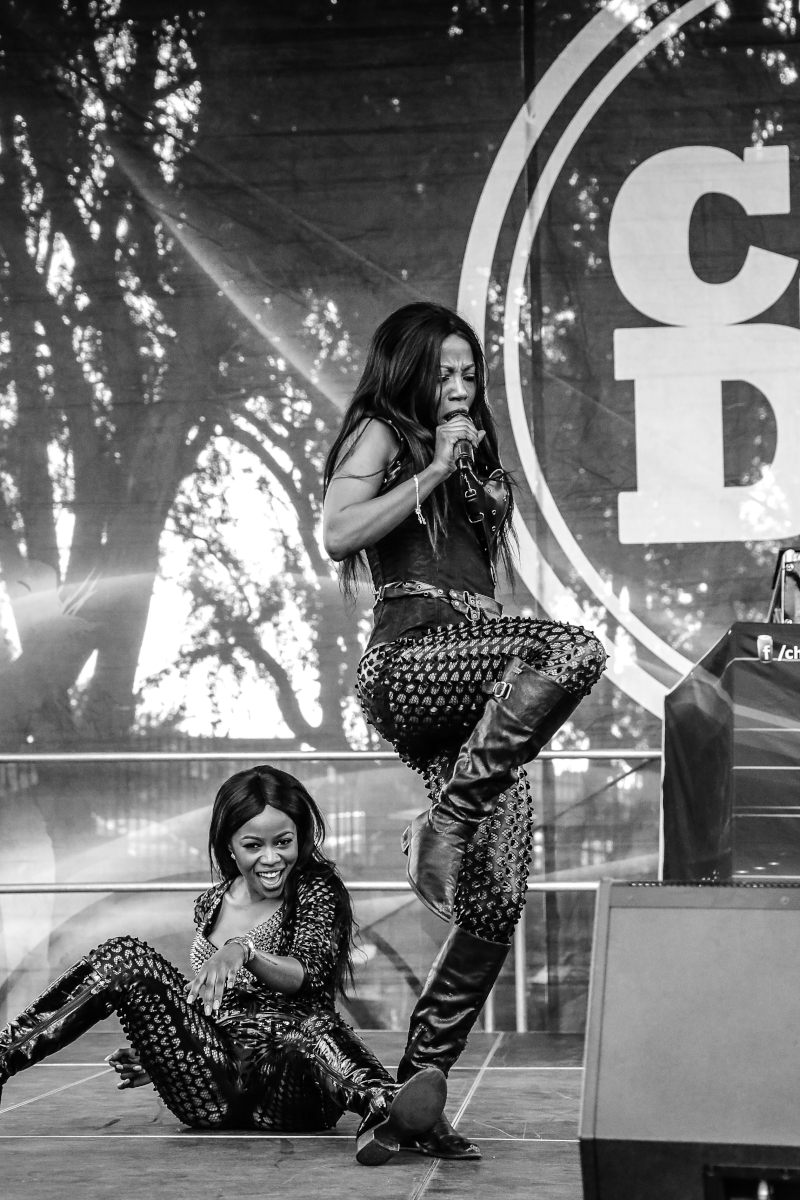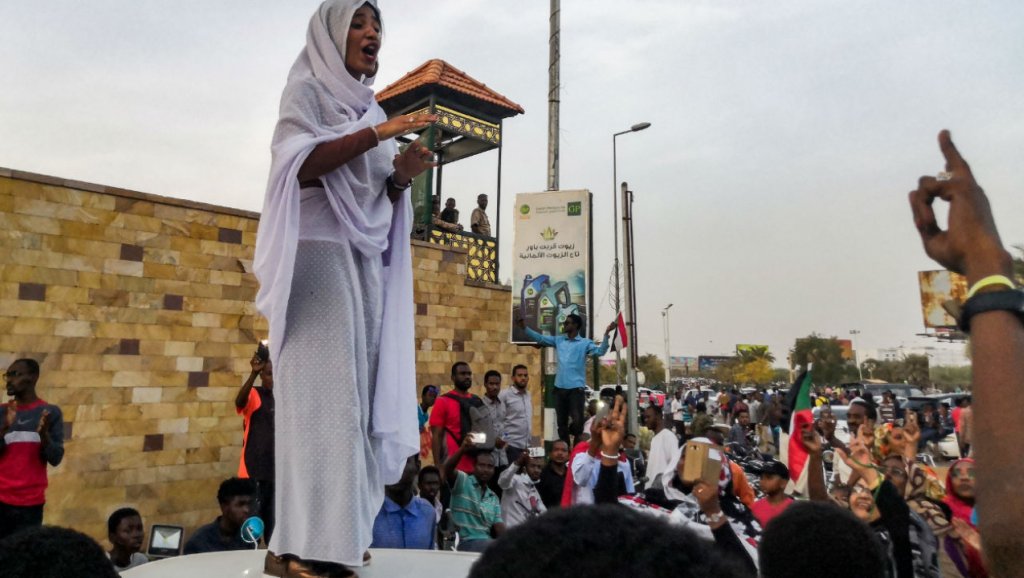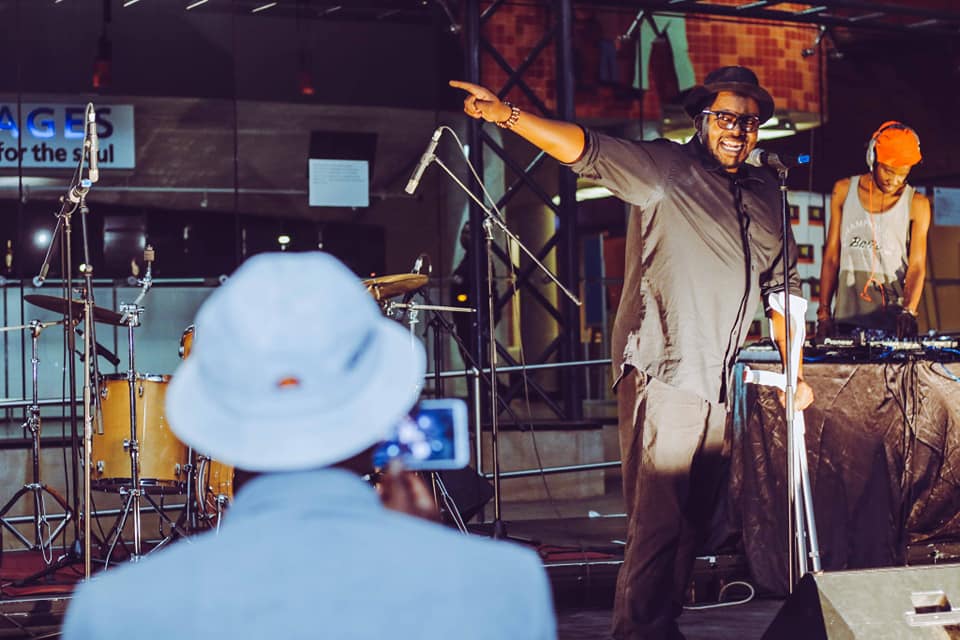The history of South African jazz is usually made up of a long list of male artists and their bands, with very little celebration of the women in jazz who have contributed immensely in what continues to shape the South African Jazz industry.
The history of jazz music cannot isolate itself from that of women, dating as far back as its Mbaqanga that had an array of amazing girl bands, such as the Mahotella Queens, Jabavu Queens, Izintombi Zomoya, Manzini Girls, and the Dark City Sisters, among many others.
There are of course the widely known female artists, such as Miriam Makeba, Dolly Rathebe, Letta Mbulu, Dorothy Masuka, Thandi Klaasen, Abigail Kubeka and others -- who were pioneers, and propelled South African Jazz to the dizzying heights of achieving a global listenership. These renowned women laid the groundbreaking foundations for the latest crop of Mzansi women in jazz, for example, with artists such as Thandi Ntuli, Siya Makhuzeni, Nomfundo Xaluva and Zoe Modiga (to name but a few) making their mark.
Legends like Sylivia Mdunyelwa, who is being erased as we speak, as the first South African Jazz artist to be signed by major US jazz label, Blue Note Records (when Nduduzo Makhathini was recently signed by the label) deserve to be celebrated and cemented into our history books for their contributions.
This mix seeks to do just that, celebrate women in SA jazz and ensure that they are not erased, when the story about what makes South African jazz great is told.
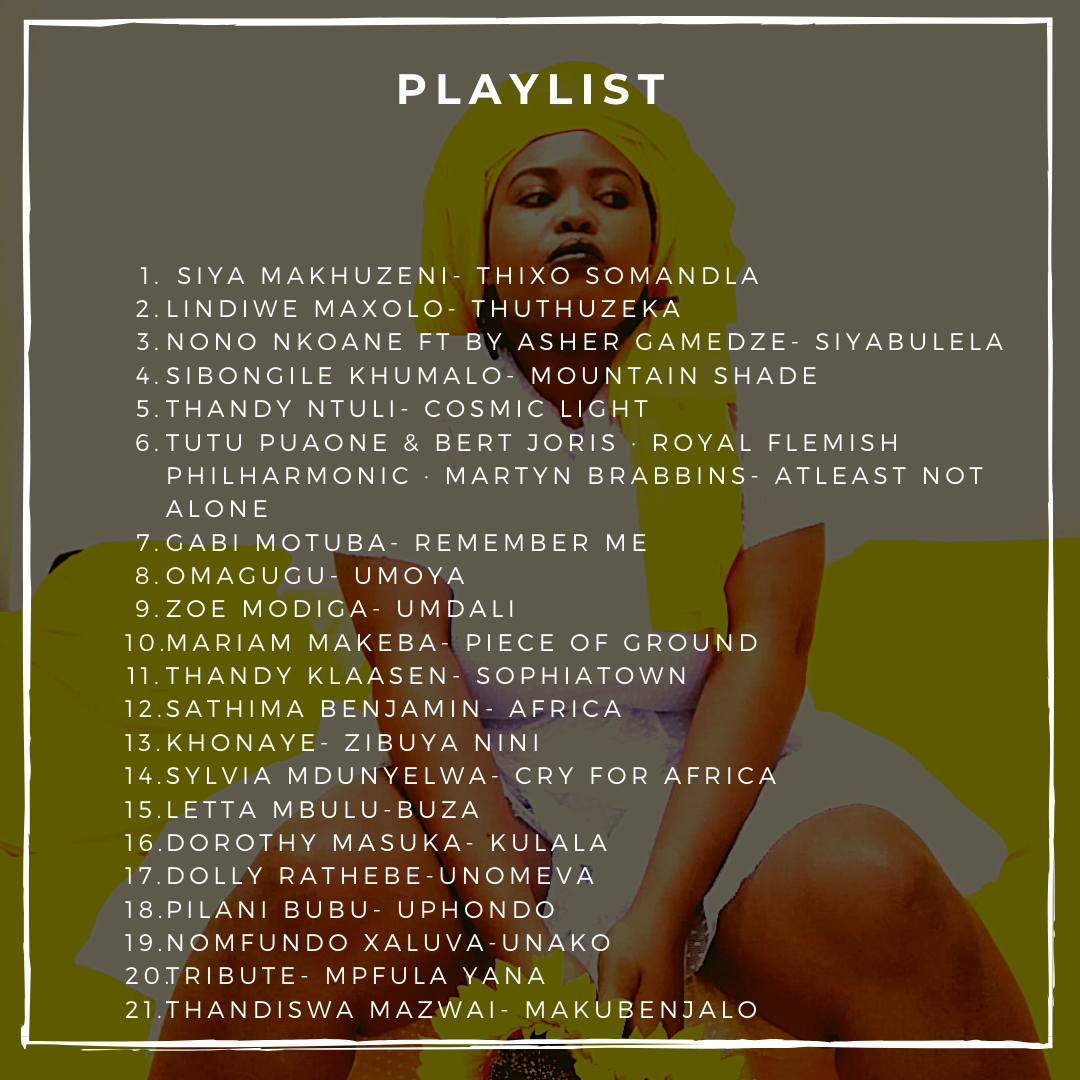
Listen here Supa Tsela - Women in Jazz


